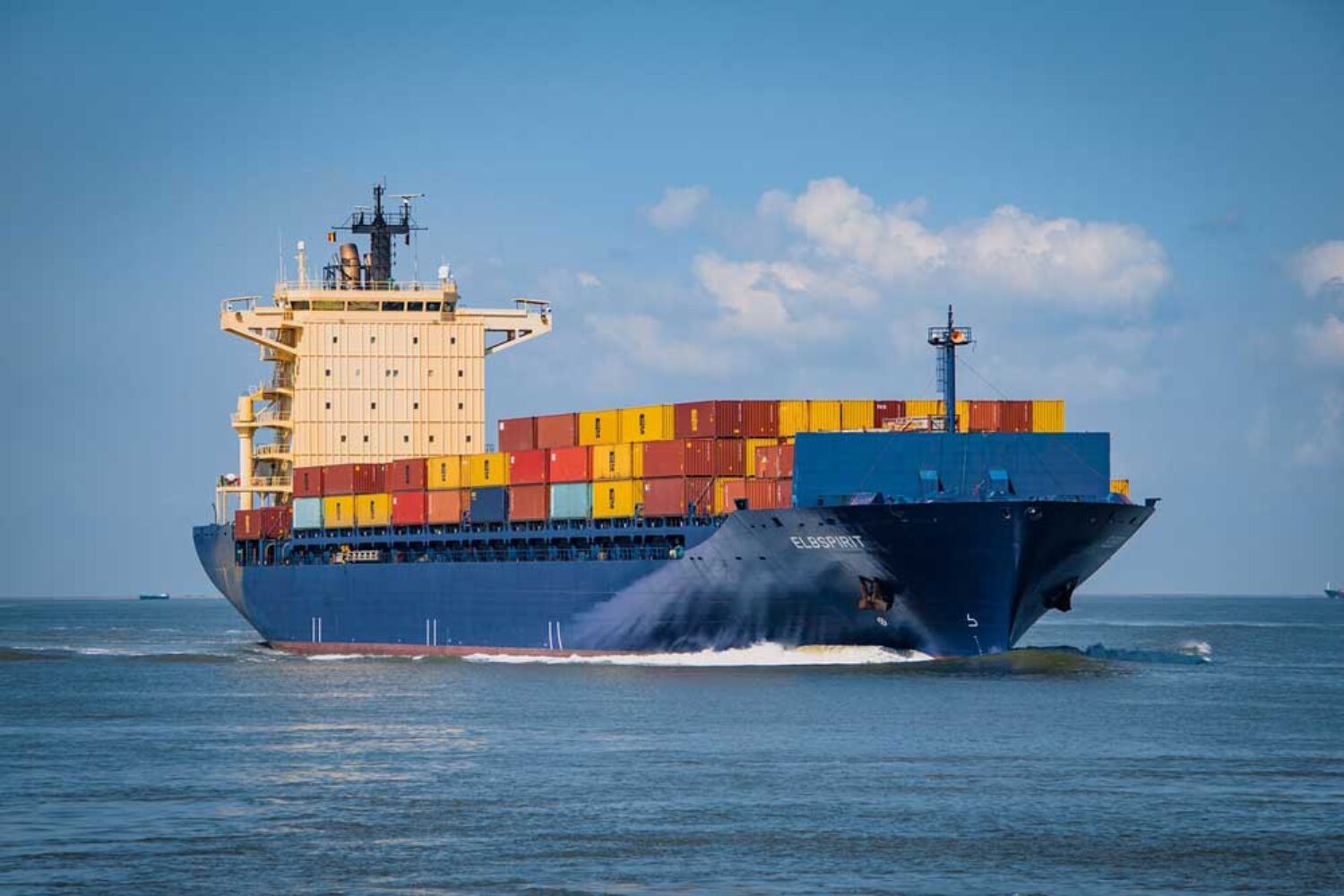The shipping organisation Bimco and the International Chamber of Shipping (ICS) have developed a guideline for reducing underwater noise. The aim is to support the industry in implementing the guidelines of the International Maritime Organization (IMO).
The need for action in the shipping industry has increased significantly, but at the same time awareness of the problem has also risen.
Commercial shipping is one of the main sources of underwater noise at low frequencies, and studies have shown that this noise affects the critical life functions of a wide range of marine life.
“Marine noise affects the critical life functions of a wide range of marine life, including marine mammals, fish and invertebrate species, on which many coastal communities, particularly indigenous communities, depend for their food, livelihoods and culture,” said Michelle Sanders, Deputy Permanent Representative to the IMO. “Reducing underwater noise from ships is not just an environmental issue, it is critical to the health of the oceans.”
Recognising the importance of underwater noise
To help the shipping industry take action, Bimco and ICS are calling on all shipowners and operators to recognise the importance of reducing underwater noise and take the necessary steps to successfully implement the IMO guidelines.
To facilitate this, the practical “Underwater Radiated Noise Guide” from Bimco and ICS examines the sources of underwater noise and its far-reaching effects on marine life. The guide also explains the content of the IMO guidelines and how to develop a noise management plan, and addresses the scope of regional regulations and voluntary measures.
Finally, the guide examines the relationship between various energy efficiency measures and underwater noise. Various studies have shown that most energy efficiency measures also reduce underwater noise. The new guide contains a comprehensive list of such measures, as well as estimates of the improvements in energy efficiency and the reduction of underwater noise. For the few measures that do not provide this additional benefit, the guide gives practical advice on how to avoid or mitigate them.
Bimco CEO: “Efficient ships are quiet ships”
Shipowners are advised to consider this guide carefully when deciding on their strategies for complying with IMO greenhouse gas regulations. In this way, a “significant reduction in underwater radiated noise” can be achieved with “little additional effort”, Bimco said.
“Energy efficient ships are quiet ships,” said David Loosley, Bimco Secretary General and CEO. “As our industry reduces greenhouse gas emissions through energy efficiency measures, underwater noise levels will also decrease, helping to protect marine life and the environment.”
The guide is aimed at technical inspectors and ship officers to help them understand what underwater noise is and how they can reduce it. It is available on the ICS website.
Survey on IMO guidelines
“Implementing the IMO guidelines provides an opportunity for shipowners and the shipping industry to demonstrate their commitment to environmental sustainability and reduce operating costs. The Bimco/ICS guide will help shipowners navigate this process, meet sustainability targets and reduce operating costs,” says Guy Platten, ICS Secretary General.
To encourage the reduction of noise levels through voluntary measures, a tripartite working group of representatives from shipowners and managers, IACS classification societies and European and Far Eastern shipyards has been formed. The organisations are asking for participation in the survey to determine the current status of implementation of the IMO guidelines.













